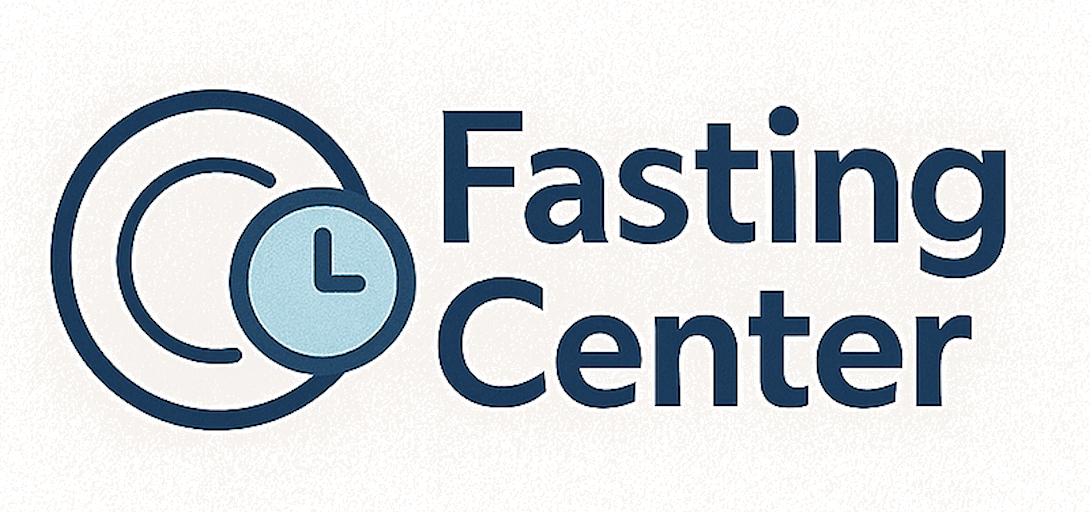Improving Biomarkers: What Improved During Extended Fasts and Why It Matters
I wanted to share how my blood biomarker categories changed over the past 10 months - from December last year (before my 9- and 10-day water fasts) to last month, after full refeeding.
I used InsideTracker’s biomarker categories, which group 50+ individual markers into 10 major health areas like Heart Health, Hormone Health, Inflammation, and others. (I know some might say this categorization isn’t perfect, but it’s the best structured system I’ve seen so far.)
Each category gets a score from 0 to 100 (100 = optimal), based on how close each biomarker is to its target range. For example, Heart Health includes ApoB, TSH, hsCRP, triglycerides, HDL, LDL, total cholesterol, and resting heart rate.
Overall Changes: Pre-Fast vs Fast vs Refeed
Blood biomarkers before, during and after fastin
In the chart above:
Black line = Before fasts, December 2024
Red line = End of my last 10-day fast, September 2025
Green line = After one month of refeeding, October 2025
During fasting (the red line), most categories dipped — totally expected, since fasting is a controlled stressor. But once I refed, 8 out of 10 biomarker categories improved compared to baseline.
That’s a strong signal that extended fasting followed by proper refeeding can reset and strengthen multiple systems at once. The biggest improvements happened in Heart Health, Metabolism, and Inflammation — which makes perfect sense, since extended fasting:
Mobilizes stored fat and resets lipid metabolism, improving heart biomarkers
Reduces circulating glucose and insulin, improving metabolic biomarkers
Lowers oxidative stress and immune overactivation, improving inflammatory biomarkers
👉 See the full charts and detailed comparison of all my fasting results here: Full Results Page
Heart Health
Heart Health biomarkers
Heart Health jumped from the mid-70s before fasting to 92 after refeeding — the best level I’ve ever had.
Apolipoprotein B (ApoB): 104 (pre-fast) → 136 (fast) → 87 mg/dL (refeeding)
Triglycerides: 44 → 163 → 44 mg/dL
HDL Cholesterol: 88 → 50 → 71 mg/dL
LDL Cholesterol: 138 → 161 → 117 mg/dL
hsCRP: 0.2 → 0.2 → 0.3 mg/L
TSH: 2.3 → 1.79 → 1.86 µIU/L
Total Cholesterol: 239 → 242 → 201 mg/dL
That mix — low ApoB and triglycerides, high HDL, and low inflammation — is a solid cardiovascular profile. Yes, cholesterol can temporarily rise during fasting, but it normalizes and improves with recovery.
👉 See the full charts and detailed comparison of all my Heart Health biomarkers here: Full Results Page
Metabolism
Metabolism biomarkers
Metabolic biomarkers rebounded sharply — from 78 before the fasts to 90 after refeeding.
Apolipoprotein B (ApoB): 104 (pre-fast) → 136 (fast) → 87 mg/dL (refeeding)
Glucose: 88 → 63 → 88 mg/dL
HbA1c: 5.5 → 5.3 → 5.4 %
Triglycerides: 44 → 163 → 44 mg/dL
ALT: 31 → 28 → 15 U/L
HDL Cholesterol: 88 → 50 → 71 mg/dL
LDL Cholesterol: 138 → 161 → 117 mg/dL
TSH: 2.3 → 1.79 → 1.86 µIU/L
Total Cholesterol: 239 → 242 → 201 mg/dL
Insulin: 2.8 → 1.5 → 3.6 µIU/mL
Basically, fasting helped reset my glucose-insulin balance and liver enzyme activity. That’s exactly what you want to see after long fasts — a cleaner, more efficient metabolic engine.
👉 See the full charts and detailed comparison of all my Metabolism biomarkers here: Full Results Page
Inflammation
Inflammation biomarkers
Inflammation biomarkers climbed to 95, up from 84 pre-fast.
hsCRP: 0.2 (pre-fast) → 0.2 (fast) → 0.3 mg/L (refeeding)
White blood cells: 3.7 → 3.1 → 3.8 thousand/µL
Ferritin: 85 → 183 → 58 ng/mL
Vitamin D: 32 → 57 → 42 ng/mL
Basophil count: 30 → 31 → 30 cells/µL
Eosinophil count: 159 → 81 → 232 cells/µL
Lymphocyte count: 1,439 → 1,197 → 1,459 cells/µL
Monocyte count: 459 → 415 → 479 cells/µL
Neutrophil count: 239 → 1,376 → 1,600 cells/µL
This is one of the clearest fasting benefits: lower chronic inflammation. hsCRP and White blood cells reflect less systemic stress, while vitamin D and ferritin show stable recovery and resilience.
👉 See the full charts and detailed comparison of all my Inflammation biomarkers here: Full Results Page
Final Thoughts
Of course, this is N=1 data, and fasting - especially extended fasting - isn’t for everyone. But in my case, it improved 8 out of 10 biomarker categories, with the biggest gains in Heart Health, Metabolism, and Inflammation. I’d been trying to move my biomarkers in the right direction for nearly 8 years, but real progress only started once I began extended fasting. Sure, better habits and accumulated knowledge played a role, but fasting was clearly the catalyst that tied it all together.
These results remind me why tracking biomarkers matters so much. Weight, fat, lean mass, glucose, and ketones tell part of the story - but blood biomarkers reveal the whole picture, showing what’s really improving and what still needs work.
